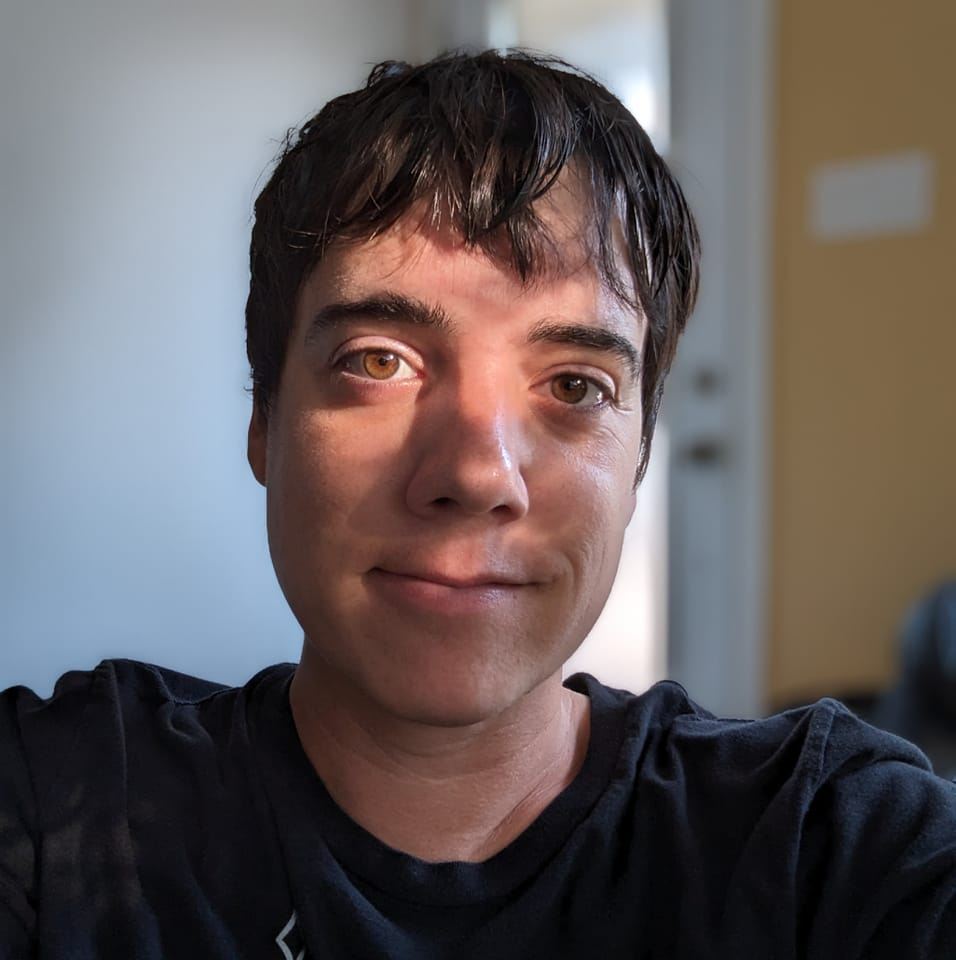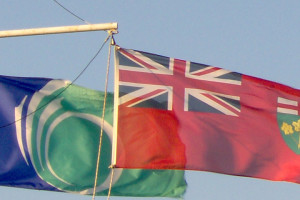Much has happened since I wrote my last entry on the matter of Gay-Straight Alliance (GSA) clubs and the Ottawa Catholic Schools. The Xtra wrote a piece on the petition, which has now exceeded 550 signatures. I was interviewed on CBC radio, and their online news section gave it some attention.
Meanwhile, a girl from a separate Catholic school board in Ontario was denied her request to start a GSA. It made the news, and prompted an opposition minister to bring it up during question period. Put on the spot, McGuinty finally responded:
“We are making it perfectly clear to all our school boards, all our schools, all our principals, all our teachers and all our students that it is unacceptable in Ontario to discriminate based on race, gender, religion or sexual orientation,” the Premier said in Question Period.
But Mr. McGuinty stopped short of stating that the Dufferin-Peel Catholic District School Board was actually in breach of the ministry’s code on equity, saying that “boards can find different ways to ensure that they adhere to those policies.”
The provincial government wasn’t going to intervene, leaving the handling of the matter to the Catholic school boards – the very people who saw nothing wrong with their policies in the first place.
Unsurprisingly, two weeks after his statement, the girl’s request to start a Gay-Straight Alliance club was denied a second time. Her school board would use McGuinty’s speech in their justification for the ban in the statement they released to the public.
Amidst all of this, a reporter from the Toronto Star decided to take a look at Gay-Straight Alliance clubs in the Toronto region:
In a rare look inside four gay-straight alliances (GSAs), the Star found the focus is on fighting homophobia, especially the teen slur “That’s so gay” and the disclaimer “No homo!” many kids add when they compliment someone of the same sex, even on Facebook.
These are the quaint weekly lunch-time gatherings that the Ottawa Catholic School Board objects to and continues to ban. The inanity of their opposition is made more evident by the obvious positive nature of these gatherings.
Throughout this experience I’ve been asked some good questions which I felt I needed to address, and have done so below.
If the clubs changed their names and had a general focus, they would be allowed.
This view was expressed by the OCSB in their initial interview with the Ottawa Citizen, and I’ve heard it repeated many times since. I have a two part response to this. First, it makes no sense to undermine the targeted support of those who need it in order to appease those who would yield no benefit either way. Doing so would only negatively impact those who needed that support, and they do need that support. Let’s not forget that 51% of queer Canadian students reported verbal harassment at school because of their orientation, that 21% reported physical assaults, and that a full two-thirds did not feel safe at school. There’s no reason you couldn’t have both a group with a focus on general equality and a Gay-Straight Alliance. They are not mutually exclusive.
Second, when you say you have a problem with a title because it has the word “gay” in it, you’re saying you have a problem with the word “gay.” When you single that word out and ban its use in the context of identifying a group of individuals who self-identify as such, you’re stating that there’s something wrong with that self-identification. This negative message undermines anti-bullying efforts by the Catholic boards with regards to sexual minorities.
Finally, groups with a more general focus are not effective substitutes. As Dylan McKelvey, a grade 12 student, explains:
“Our school has an equity club which I joined, but even there, some students weren’t comfortable with me being gay,” said McKelvey, 18. “I still hear kids call out ‘faggot’ and ‘queer,’ so the GSA is a sanctuary. Having ‘gay’ in the name gives people something to relate to.”
Students are free to switch out of the Catholic school system.
So let’s set aside for a moment this idea that it is wrong to place the burden of change on those being discriminated against (the bullied), as opposed to those who support discriminatory policies (the bullies.)
It may be possible for some students to switch schools, but not all. In the end, there’s still going to be queer students in the provincially-funded schools, and marginalizing them because of the minority to which they belong will still be unacceptable.

